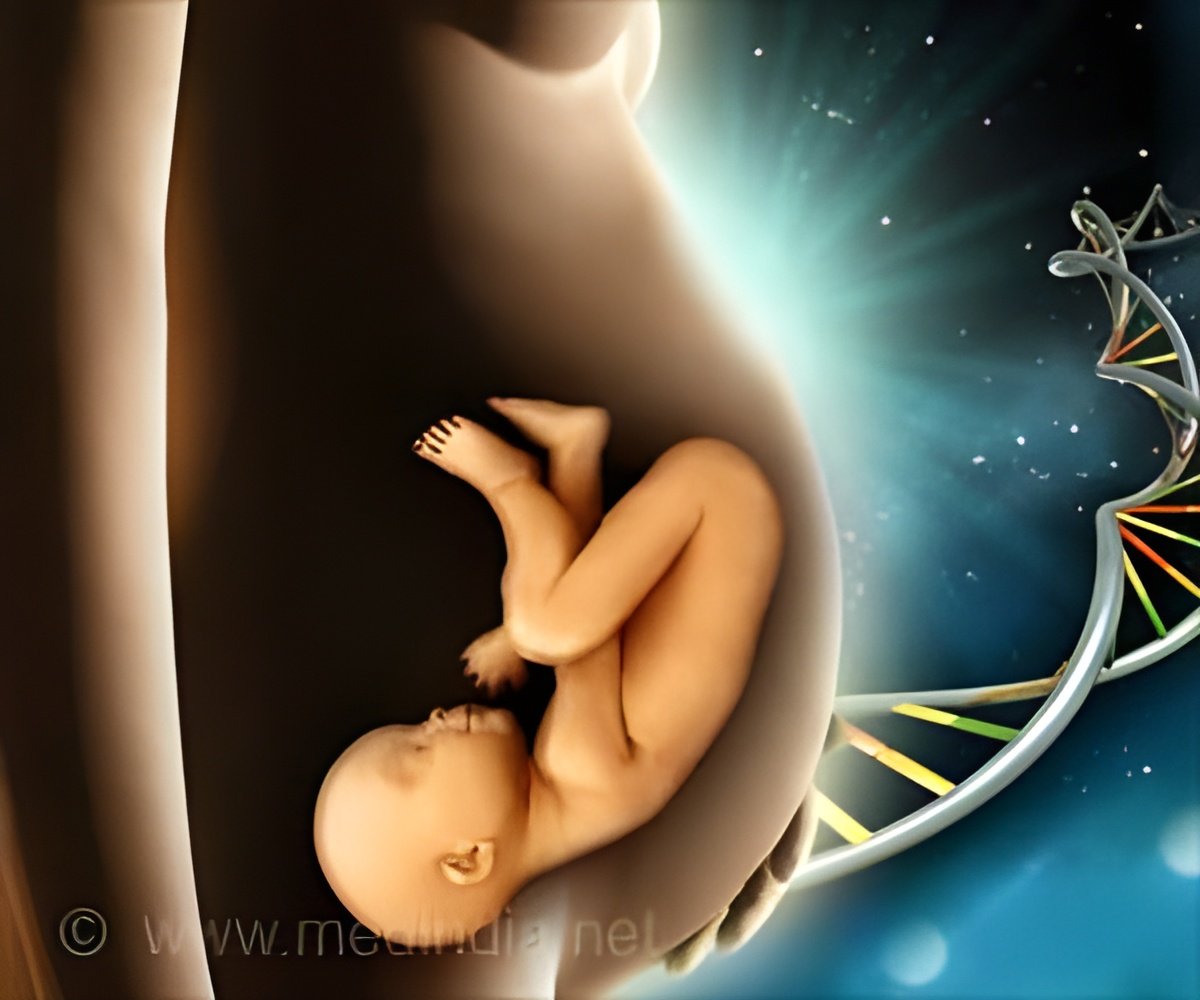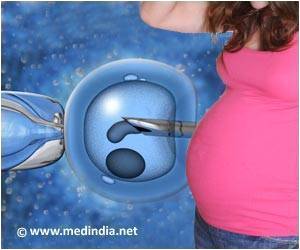The genome of individuals with Down's syndrome is of excellent quality and helps them to survive the pregnancy.

‘The Down’s syndrome genome offsets the disabilities caused by the extra chromosome, helping the foetus to survive and the child to grow and develop.’





Variation, regulation and expression all tested"The genome consists of all the genetic material that makes up an individual," explains Stylianos Antonarakis, the honorary professor in UNIGE's Faculty of Medicine who led the research. "It's the genome that determines what becomes of a person, and makes him or her grow up and grow old, with or without disease. Some genomes are of better quality than others, and can also be less exposed to illnesses such as cancer." Basing their work on the hypothesis of the quality of the genome, the geneticists tested the gene variation, regulation and expression of 380 individuals with Down's syndrome and compared them to people without the genetic disorder.
The first test consisted of observing the presence of rare variants, i.e. potentially harmful genetic mutations, in people with Down's. It is known that the a chromosome can have different rare variants in its two copies. In a person with Down's, however, the rare mutations that are identical for all three copies of chromosome 21 and limited in number, thereby reducing the total of potentially deleterious variants.
In a next step the geneticists have studied the regulation of genes on chromosome 21. Each gene has switches that regulate its expression either positively or negatively. Since people with Down's have three chromosomes 21, most of these genes are overexpressed. "But we discovered that people with Down syndrome have more regulators that diminish the expression of the 21 genes, making it possible to compensate for the surplus induced by the third copy," says Konstantin Popadin, a researcher at UNIL's Center for Integrative Genomics.
Finally, the researchers focused on the variation gene expression for the chromosomes of the entire genome. Each gene expression on a scale from 0 to 100 forms part of a global spread curve, with the median - 50 - considered the ideal expression. "For a normal genome, the expressions oscillate between 30 and 70, while for a person with Down's syndrome, the curve is narrower around the peak that is very close to 50 for genes on all the chromosomes," continues professor Antonarakis. "In other words, this means that the genome of someone with Down's leans towards the average - optimal functioning." Indeed, the smaller the gene expression variations are, the better the genome.
Advertisement
The UNIGE and UNIL geneticists were thus able to test the three functions of genomes of people suffering from Down's syndrome. "The research has shown that for a child with Down's to survive pregnancy and then grow, his or her genome must be of a higher quality so that it can compensate for the disabilities caused by the extra copy of chromosome 21", concludes Popadin. These conclusions may also apply to other serious genetic disorders where pregnancies reach full term.
Advertisement
Source-Eurekalert









